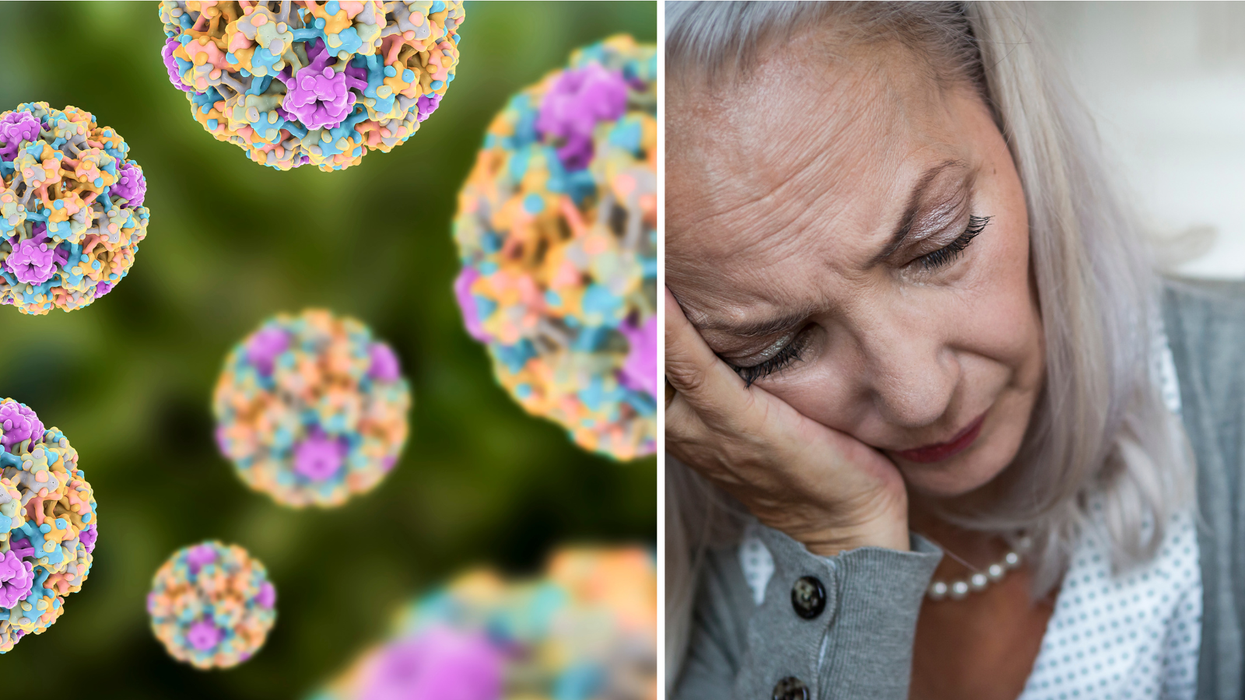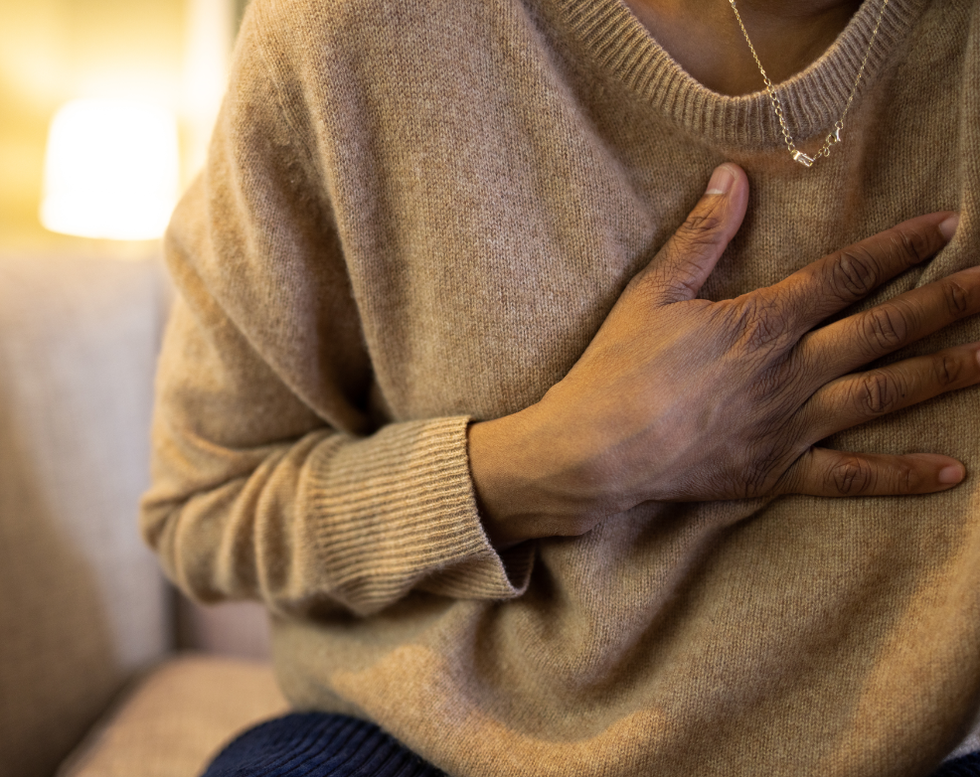Stroke warning as common condition affecting 80% of Britons increases the risk fivefold, warns new study

Women with HPV infections at a fivefold risk of stroke, new study suggests
|Getty Images

The large study also found those who had the infection at some point were nearly four times more likely to have blocked artieries and 3.7 times more likely to die from heart disease.
Don't Miss
Most Read
Researchers are sounding the alarm after a common condition affecting eight out of ten Britons was shown to hike the risk of having a stroke.
The study out of South Korea found that women infected with a high-risk strain of the human papillomavirus (HPV) are five times more likely to have a stroke than those who had not contracted it.
Given HPV's prevalence - it's estimated that around eight out of 10 people will be infected with the virus at some point in their lives - the finding is of grave concern.
It's unclear what might explain this association. Previous research has suggested that HPV may contribute to the build-up of dangerous plaque in the arteries - a known cause of strokes.

The study also also found women with high-risk HPV were at an increased risk of dying from heart disease
|Getty Images
Please write at least 1 paragraphs
The research included 163,250 young or middle-aged Korean women who had no cardiovascular disease at the start of the study.
The women were given a variety of health screening tests, including cervical screening for 13 high-risk strains of HPV. The women returned for health checks every year or two for an average of eight and half years.
As a group of relatively young, healthy women, their risk of dying of cardiovascular disease was generally low (9.1 in 100,000 overall).
However, after taking account for other factors that are known to increase the risk of cardiovascular disease, researchers found that women with high-risk HPV had a 3.91 times greater risk of blocked arteries, a 3.74 times greater risk of dying from heart disease and a 5.86 times greater risk of dying from a stroke, compared to women who did not have a high-risk HPV.
Researchers also found that the risk was higher still in women who had a high-risk HPV infection and obesity.
What is HVP?
HPV is a very common infection that can be spread through any sexual activity, protected or unprotected.
HPV infections are common and have no symptoms, "but sometimes the virus can cause painless growths or lumps around your vagina, penis or anus (genital warts)", explains the NHS.
In addition to HPV, other factors have been shown to raise your risk of having a stroke.
These include:
If you’ve previously had a stroke or heart attack
If you’re aged over 55
If a close relative (parent, grandparent, brother or sister) has had a stroke
If you have high blood pressure
If you have high cholesterol levels
If you have diabetes
LATEST DEVELOPMENTS

Face drooping on one side is a sign of stroke
|Getty Images
How to respond to a stroke
"If you suspect you or someone else is having a stroke, phone 999 immediately and ask for an ambulance," advises the NHS.
As the health body explains, the signs and symptoms of a stroke vary from person to person, but usually begin suddenly.
As different parts of your brain control different parts of your body, your symptoms will depend on the part of your brain affected and the extent of the damage.
The main stroke symptoms can be remembered with the word FAST:
Face – the face may have dropped on one side, the person may not be able to smile, or their mouth or eye may have drooped.
Arms – the person may not be able to lift both arms and keep them there because of weakness or numbness in one arm.
Speech – their speech may be slurred or garbled, or the person may not be able to talk at all despite appearing to be awake; they may also have problems understanding what you're saying to them.
Time – it's time to dial 999 immediately if you notice any of these signs or symptoms.










